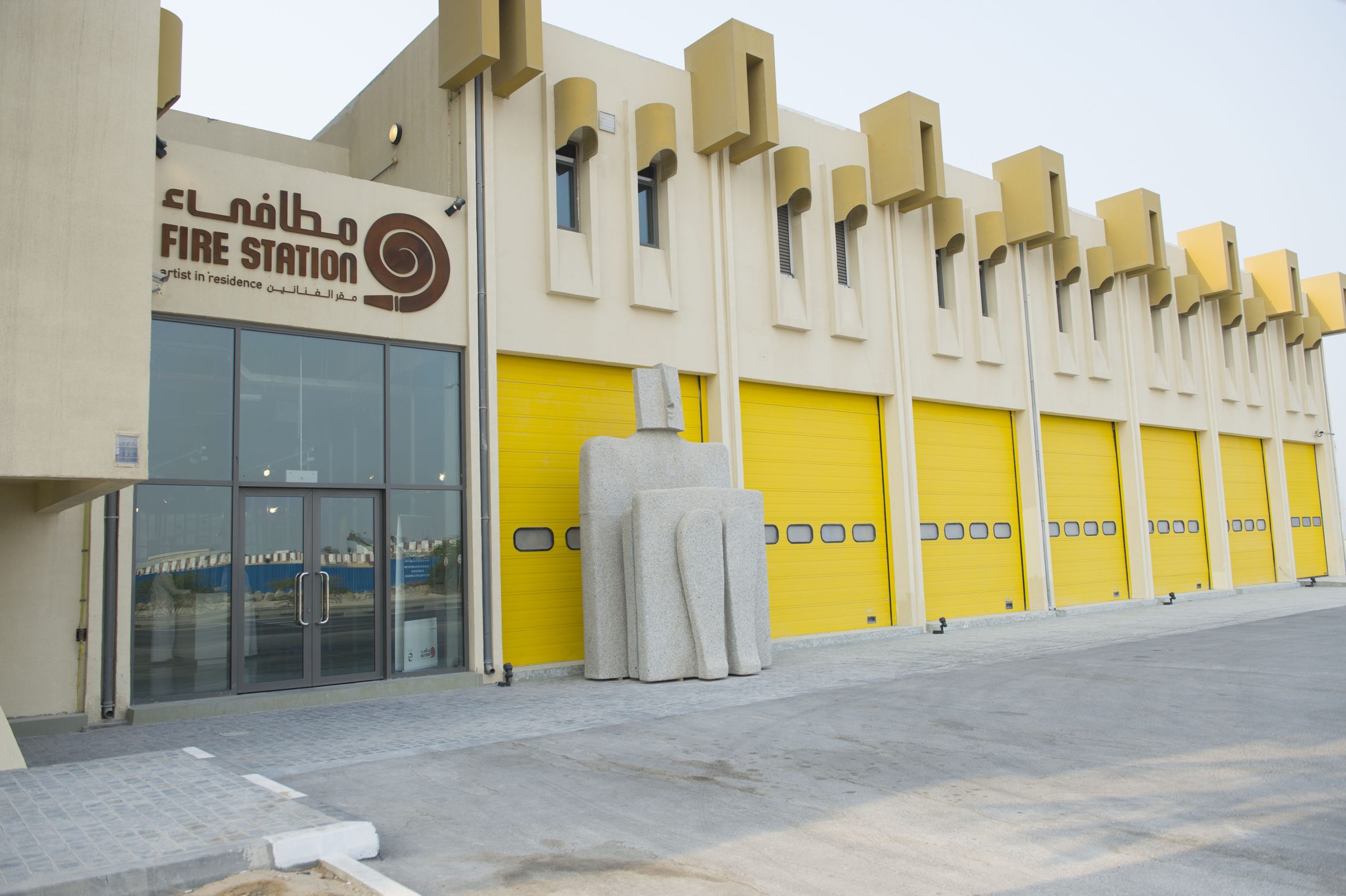
Writers and intellectuals critical of Qatar are free to visit the country and share their opinions, even if they differ from the government’s stance, a high-ranking local official has said.
Culture Minister Hamad Bin Abdulaziz Al Kuwari said the only off-limit subjects are those that “offend” Islamic values, according to a statement carried by the government-run Qatar News Agency (QNA).

He added that Qatar is sufficiently confident in itself as a country that it does not need to block contrarian viewpoints.
“This is the freedom that we enjoy,” he said.
Al Kuwari made the comments this weekend at Doha’s annual International Book Fair.
The event is popular among residents in part because of its wide range of titles, many of which cannot be found at the country’s limited number of bookstores.
http://twitter.com/Al_Anood/status/553926693971165184
http://twitter.com/Al_Anood/status/553928999059980289
Publishing industry observers have previously said that books at the fair are not subjected to the Ministry of Culture’s standard review of publications imported into Qatar.
While publications aren’t technically banned here, some books – particularly those dealing with controversial topics such as sex or religion – are sometimes not approved, which effectively prevents bookstores from selling them.
Stories set in Qatar also appear to be sensitive subjects for the country’s censors.
Al Kuwari previously promised to overhaul his ministry’s system of reviewing publications in late 2013. However, his focus at the time was on making the system more efficient for publishers and cutting bureaucracy, rather than loosening restrictions.
His most recent comments appear focused on allowing controversial writers to enter the country. Despite the limited scope of his statement, it nevertheless comes at a time when many are questioning the limits of free speech in Qatar.
Cybercrime
Many Qatar residents have expressed reluctance to air their views publicly since the country enacted a new cybercrime law last September.

The legislation contains vaguely worded provisions that outlaw the online publication of any content that “violates any social values or principles” or jeopardizes “general order.”
No one appears to be facing any charges yet under the new law in Qatar.
However, elsewhere in the Gulf, authorities in Kuwait, Saudi Arabia and the UAE – which all have similar legislation – have arrested individuals for critical comments posted on Twitter, according to various media reports.
Al Kuwari said those with negative views of Qatar should visit the country to base their opinions on first-hand information:
“We are keen to invite our opponents before our supporters because we believe in freedom of thought. (Negative viewpoints) could result (from) ignorance and lack of information, so we are calling upon (critics to) see the remarkable achievements made in all fields.”
Track record
Human rights activists regularly give Qatar credit for allowing them into the country to investigate the living and working conditions of migrants and, in many cases, formally present their findings.
Amnesty International, Building and Wood Workers’ International and the United Nations have all held press conferences in Doha to share their critical conclusions.
In contrast, UAE immigration officials barred Human Rights Watch researchers from entering the country last year.

A high-profile exception in Qatar was the detention of two British human rights researchers who visited the country last August. While critics blasted their sudden disappearance, some observers questioned the legitimacy of their employer.
The organization appeared to have financial connections and sympathies with the UAE, which was embroiled in a diplomatic dispute with Qatar at the time.
Meanwhile, scores of foreign journalists have visited Qatar in recent years without issue, visiting the Industrial Area and talking to expat laborers before publishing stories that frequently cast the country in a negative light.
While QNA’s English-language version of Al Kuwari’s comments did not touch on the issue of nationalities, the Peninsula reported that he was specifically referring to “foreign writers and intellectuals,” raising a question about whether there is less leniency for nationals.

For example, Qatari poet Mohammed Rashid al-Ajami is currently serving a 15-year prison sentence on charges of inciting the overthrow of the government.
A lawyer for Al-Ajami – who goes by the name Mohammed Ibn Al-Dheeb in his poetry – argued that he was provoked into reading poetic verses that were indirectly critical of Qatar’s royal family. The poems were apparently later uploaded to YouTube without his knowledge.
Attorney Najeeb al-Nauimi also said the poem was recited during a private gathering – not in public, as is prohibited under law.
Others said it was irrelevant whether Ibn Al-Dheeb made his comments in public or private, and that he should be free to recite a poem to anyone.
Thoughts?







